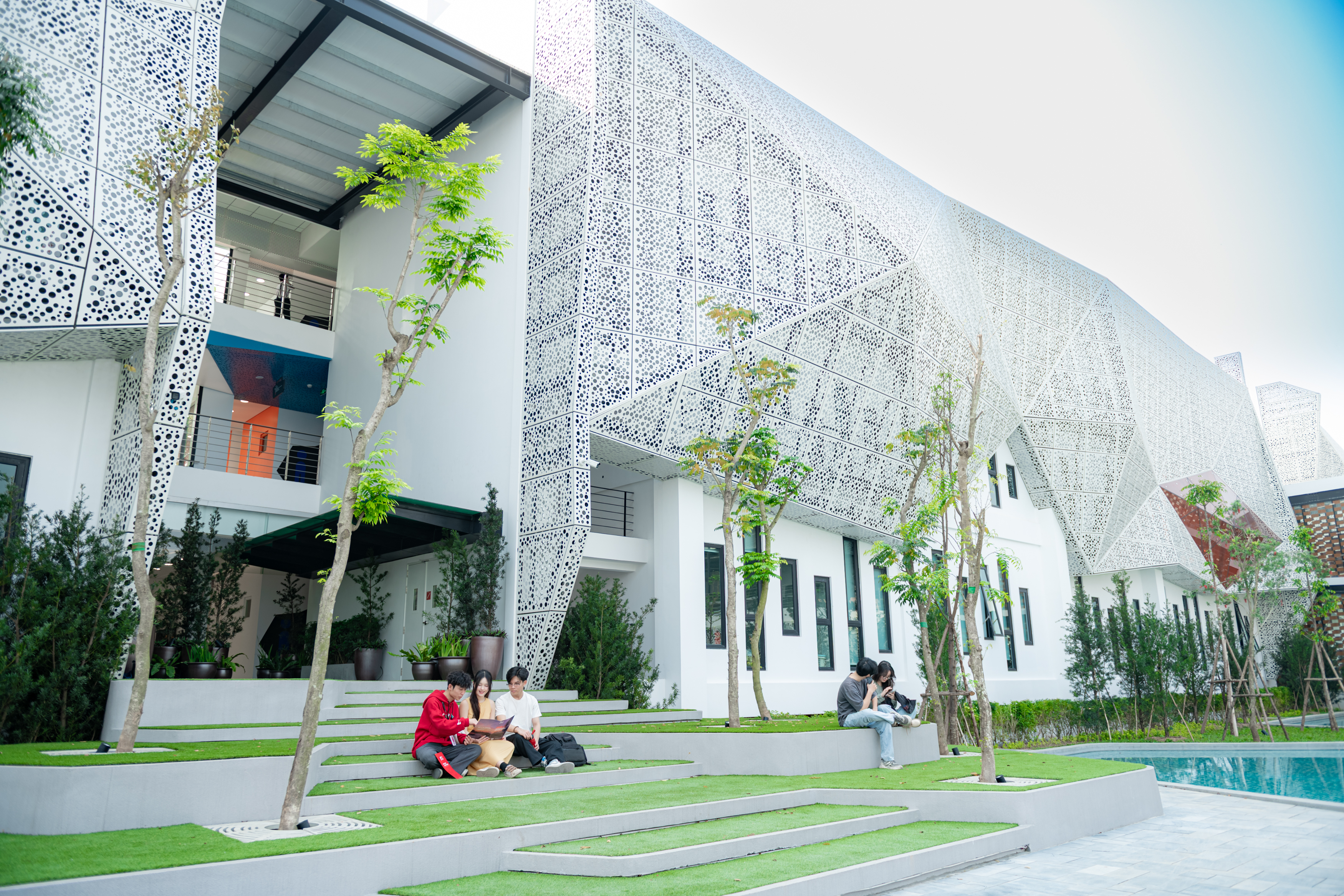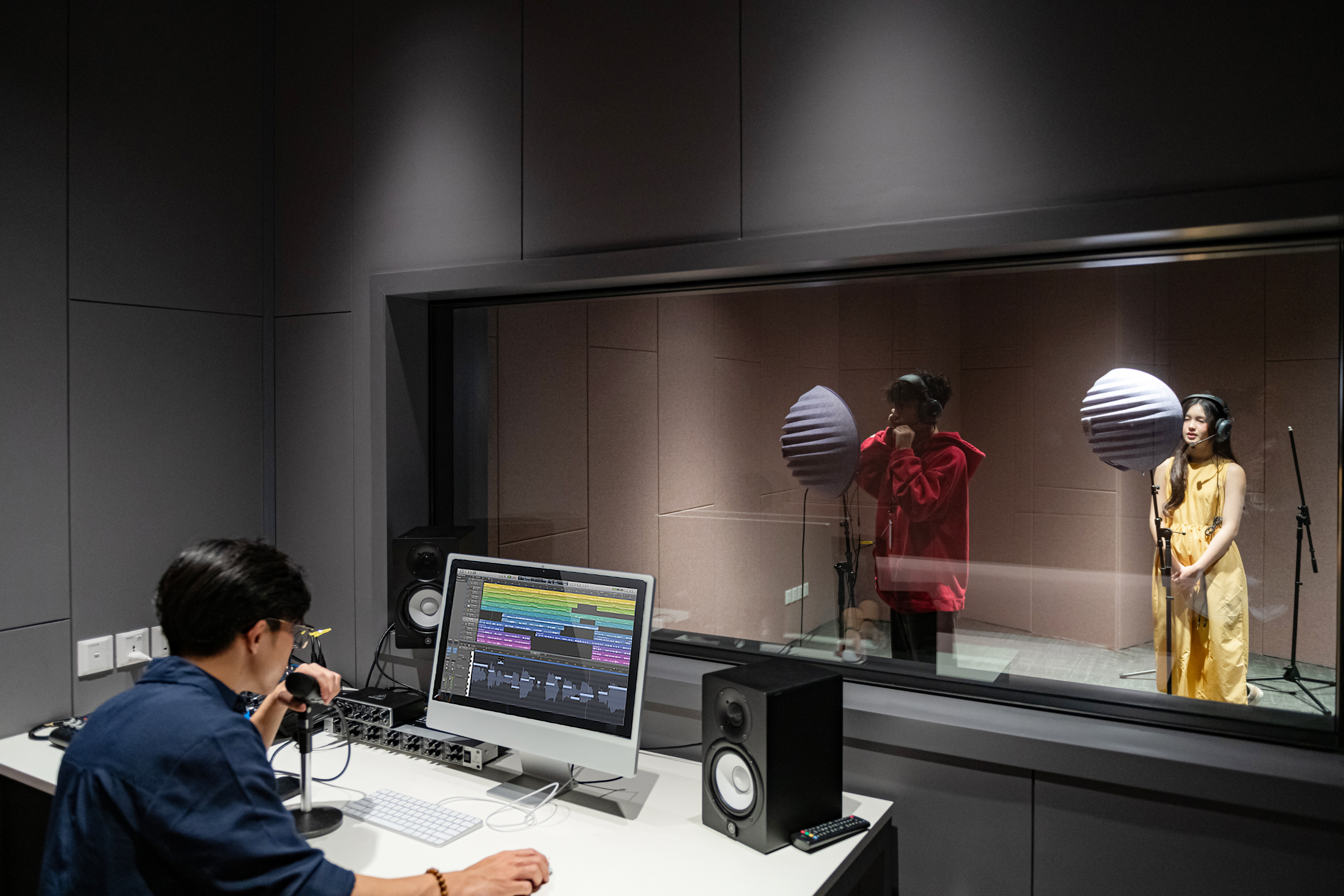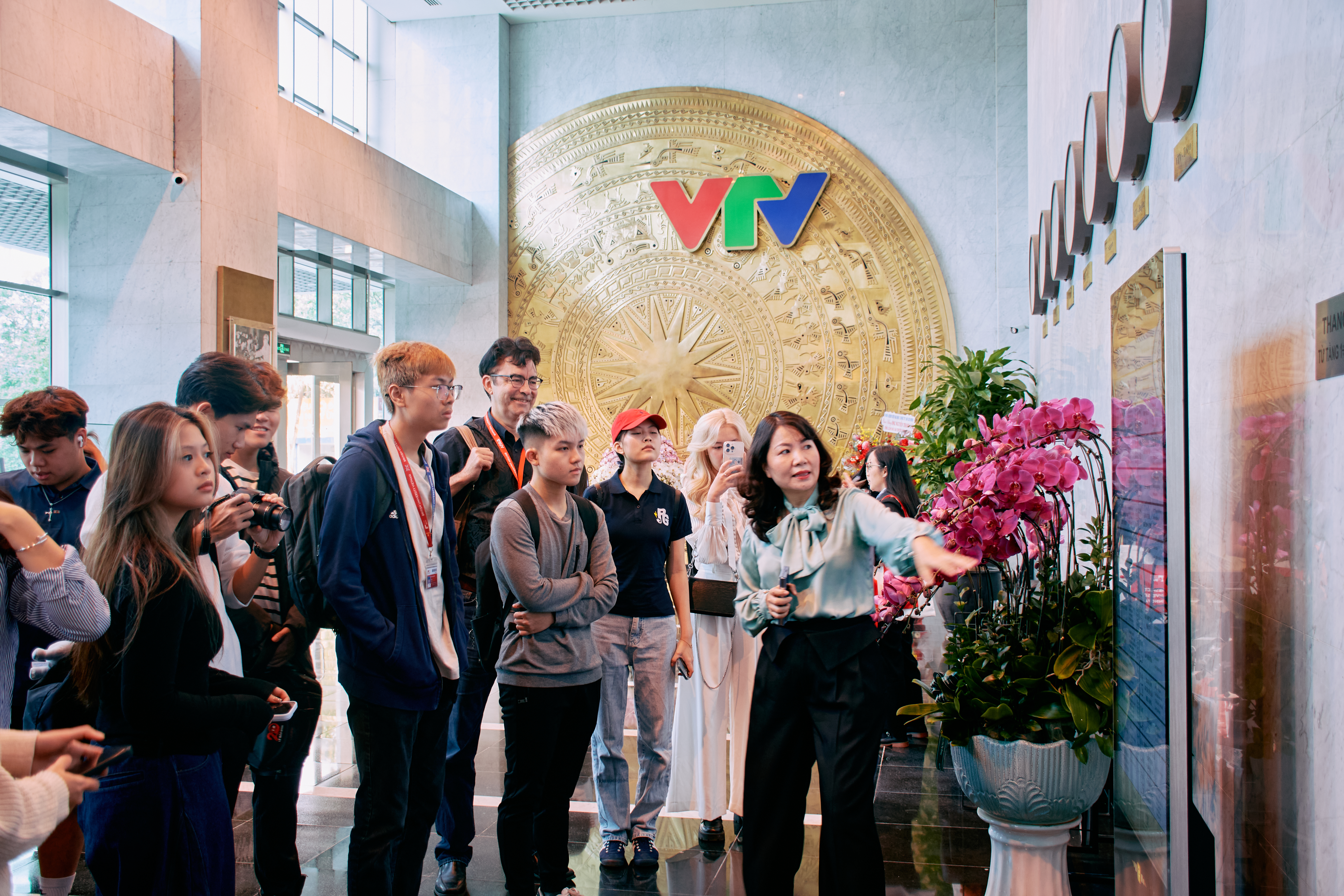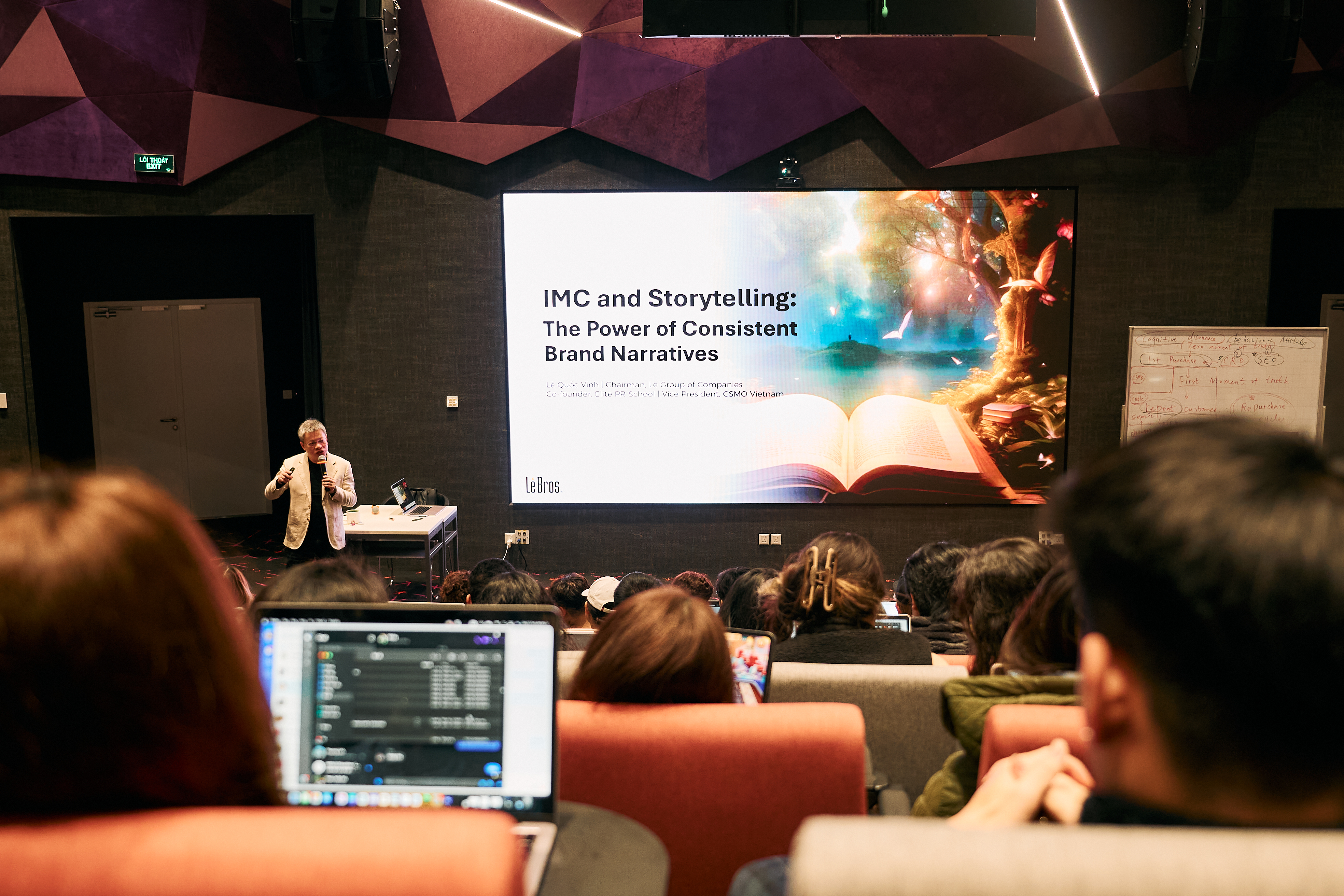
Learn to Master Corporate Communications in the AI Era
May 23, 2025
13:52:00
The rise of artificial intelligence and advanced technologies is not only reshaping how information is disseminated but also setting entirely new standards for corporate communications professionals.
Challenges for Communicators in the Digital Era
According to Grammarly, one in five surveyed businesses reported losing opportunities due to poor communication, while those securing new deals through effective communication were twice as numerous.
Meanwhile, artificial intelligence (AI) has expanded and transformed how businesses engage with employees and customers. This reality demands that communication professionals possess a broader skill set to navigate and manage the information landscape. Professor HyeJung Chang of KyungHee University notes that leaders expect communicators to demonstrate innovative thinking, integrating skills in data science, business strategy, and creativity.
The incident involving Air Canada’s chatbot, which provided misleading information to passengers, sparked debate about the role of communication teams. Beyond content moderation, they must understand AI, anticipate risks, and proactively safeguard brand reputation in the digital environment.
In this context, next-generation communication professionals must not only master foundational principles but also possess extensive knowledge, proficiency in digital tools, and the ability to manage multiple information streams…
This shift has prompted a transformation in communications education, moving from teaching “tools” to fostering “systems thinking.” Programmes now focus not only on creating content for specific channels but also on equipping students with a comprehensive understanding of communication operations – from strategic planning to execution, measurement, and data-driven adjustments.
From a training perspective, Professor HyeJung Chang outlines practical approaches, including interdisciplinary learning to build well-rounded knowledge and skills, project-based learning to enhance experience, strengthening soft skills, leveraging technology, and staying updated with industry trends…
Integrated Training Model for the New Generation
In the ever-evolving landscape of communications, selecting a strategic, practical, and cutting-edge training programme has become a top priority for students pursuing this field.
British University Vietnam (BUV) stands out as a leading choice, underpinned by its robust academic foundation and international-standard educational environment. The Bachelor of Professional Communication programme at BUV, awarded by Arts University Bournemouth (AUB) – a premier UK institution for arts, design, and communications – offers a compelling pathway for aspiring professionals.
The Professional Communication programme at British University Vietnam (BUV) centers on strategic thinking, equipping students with the skills to develop strategies that integrate creativity, brand development, and business objectives. This core distinction sets it apart from traditional domestic programmes, which often focus on guiding specific operational activities.
Another key differentiator is the incorporation of technology, particularly AI, into the curriculum. According to a representative from Arts University Bournemouth (AUB), the goal is not to replace humans with technology but to train students to harness AI as a tool to enhance creativity.
In communications, understanding culture, context, and human social behavior remains the cornerstone of effective campaigns – a dimension no algorithm can fully replace. The programme thus equips students not only with technological proficiency but, more critically, with the ability to master and make strategic decisions within a broader framework.
Over a three-year duration, the programme blends academic knowledge, practical experience, and partnerships with industry leaders to create a highly applied learning environment. From their first year, students are provided opportunities to participate in real-world study tours and internships at leading domestic and international organizations and enterprises.
Students have the chance to participate in internships at businesses starting from their first year.
While studying in a UK-standard environment, students gain in-depth exposure to the Vietnamese market. Field trips to major industry players, including national broadcasters like VTV, media outlets such as VnExpress, and companies like LeBros, combined with workshops led by local communication experts, are integrated throughout the program. These opportunities enable students to understand how the communications industry operates in Vietnam, equipping them to build careers tailored to the local context.
Workshops led by communication experts are seamlessly integrated throughout the programme
“Creativity today cannot be separated from practical demands. That entrepreneurial heartbeat runs through every course at BUV, and the university is doing it really well,” said Tim Metcalf, Director of School for Arts and Communication at AUB.
Dr. Paul D.J. Moody, Head of School of Communications and Creative Industries at BUV, added: “Don’t worry about Artificial Intelligence; it is just another digital tool. What you should be concerned about is developing your human intelligence.”
With globally recognized educational quality, a forward-thinking approach that emphasizes practical training, strategic thinking, and mastery of new technologies, BUV is an attractive choice for talented students seeking a rigorous and in-depth communications education.
















